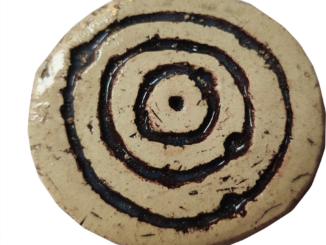Why can’t I just do the laundry? Explaining neurodiverse experiences from a perceptual control theory perspective
My talk delivered at the International Conference on Transdiagnostic Approaches to Mental Health in Cambridge, UK, September 2023, is available on Youtube in a 20 minute English edition, and a 47 minute Dutch edition (see below).
English version
Abstract
Perceptual Control Theory (PCT) offers a framework to explain human behaviour as the control of perception. Behaviour characteristic of autism or ADHD which is considered ‘disordered’ in mainstream frameworks (e.g., the DSM-5) can well be explained by viewing behaviour as an attempt to control perception: to experience what you want to experience.
Powers’ perceptual hierarchy (de Hullu, 2023) offers explanations for neurodiverse experiences. For example, control at the sequence-level seems to work well for people with ADHD: it’s easy to become immersed in a train of thoughts or in a video game. However, they report getting stuck or distracted in more complex situations when a choice needs to be made. Those situations call for higher level control, for instance at the program-level, which is characterized by planning and exploring choices. People on the autism spectrum may be characterized by relying mostly on program-level control: structured and rational decisions based on factual information. A more flexible way to direct your life and experiences could be found in the principle-level of control, which may be difficult for people with ADHD or autism based on their neurodevelopmental profile and complicated by adverse life experiences.
In this talk, I propose a PCT framework to explain how attempts to control at different levels of our perceptual hierarchy match the phenomenology of neurodiverse experiences, and show how control problems such as conflicting goals offer an explanation for daily experiences such as not feeling able to just do the laundry. Through understanding these differences in control abilities we can recognize that neurodiverse experiences are a normal variation of human experience, rather than a pathology or deficit. The framework serves as a starting point for scientific conversation and guides future empirical studies.
de Hullu, E. (2023). Chapter 1. Exploring the Perceptual Control Hierarchy. In W. Mansell, E. de Hullu, V. Huddy, & T. Scholte (Eds.), The Interdisciplinary Handbook of Perceptual Control Theory Volume 2: Living in the Loop. Elsevier.



